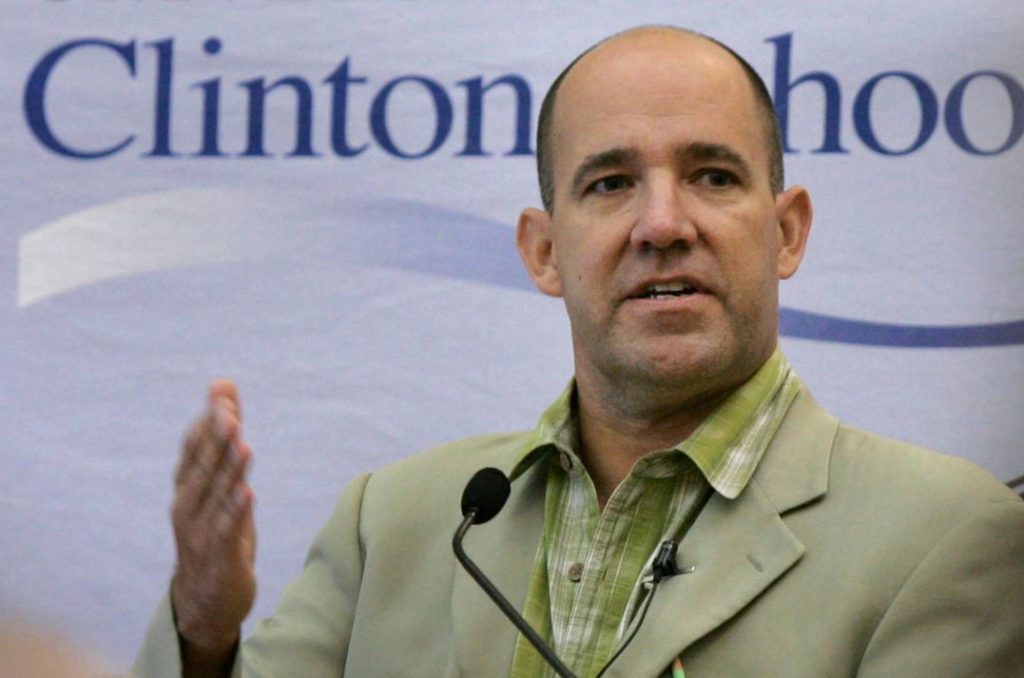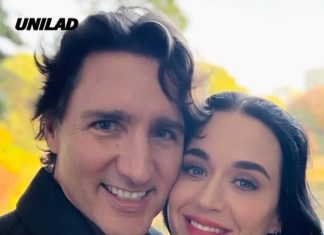Political analyst Matthew Dowd was dismissed from MSNBC following controversial remarks he made about the death of conservative activist Charlie Kirk. Kirk, 31, was fatally shot during a speaking event at Utah Valley University on September 10, 2025.
Controversial Remarks Spark Backlash
During a live broadcast on MSNBC, Dowd commented on the environment in which such shootings occur, stating, “He’s been one of the most divisive, especially divisive younger figures in this, who is constantly sort of pushing this sort of hate speech or sort of aimed at certain groups. And I always go back to, hateful thoughts lead to hateful words, which then lead to hateful actions.” These remarks were widely criticized as implying that Kirk’s rhetoric contributed to his own death.

MSNBC’s Response
In response to the backlash, MSNBC issued a statement condemning Dowd’s comments as “inappropriate, insensitive, and unacceptable.” The network emphasized that there is no place for violence in America, political or otherwise, and apologized for the remarks. Dowd was subsequently terminated from his position as a political analyst.
Dowd’s Clarification
Following his dismissal, Dowd clarified his comments, stating that he did not intend to blame Kirk for his own death. He explained that at the time of the broadcast, little was known about the circumstances of the shooting, and he was speaking to the broader issue of divisive rhetoric in political discourse. Dowd suggested that MSNBC’s decision to fire him was influenced by pressure from the “right-wing media mob,” despite the network understanding his words were being misconstrued and that he had apologized.
Public Reaction
The incident sparked a national debate about the limits of free speech and the responsibility of public figures in their rhetoric. Some defended Dowd’s right to express his views, while others felt his comments were inappropriate given the circumstances. The controversy highlighted the polarized nature of American politics and the challenges media organizations face in balancing free expression with sensitivity to public sentiment.
Broader Implications for Media and Commentary
The Matthew Dowd controversy has prompted reflection on the responsibilities of political commentators in the age of social media and 24-hour news cycles. Analysts are increasingly aware that remarks made on live broadcasts can be rapidly amplified, dissected, and misinterpreted. Networks face the difficult task of allowing their commentators to engage in robust political analysis while maintaining sensitivity to real-world tragedies. Experts argue that this incident highlights the pressure on media figures to navigate the fine line between critique and perceived insensitivity. At the same time, it raises questions about accountability and fairness—whether a single controversial statement should result in immediate termination. The debate has sparked conversations about creating guidelines for commentary in situations involving violent acts, ensuring that discourse remains informative without contributing to further harm.

Conclusion
The firing of Matthew Dowd serves as a reminder of the delicate balance between free speech and the potential consequences of inflammatory rhetoric. As the nation continues to grapple with issues of political polarization and violence, the incident underscores the need for responsible discourse and the importance of considering the impact of one’s words on public perception and safety.on

















